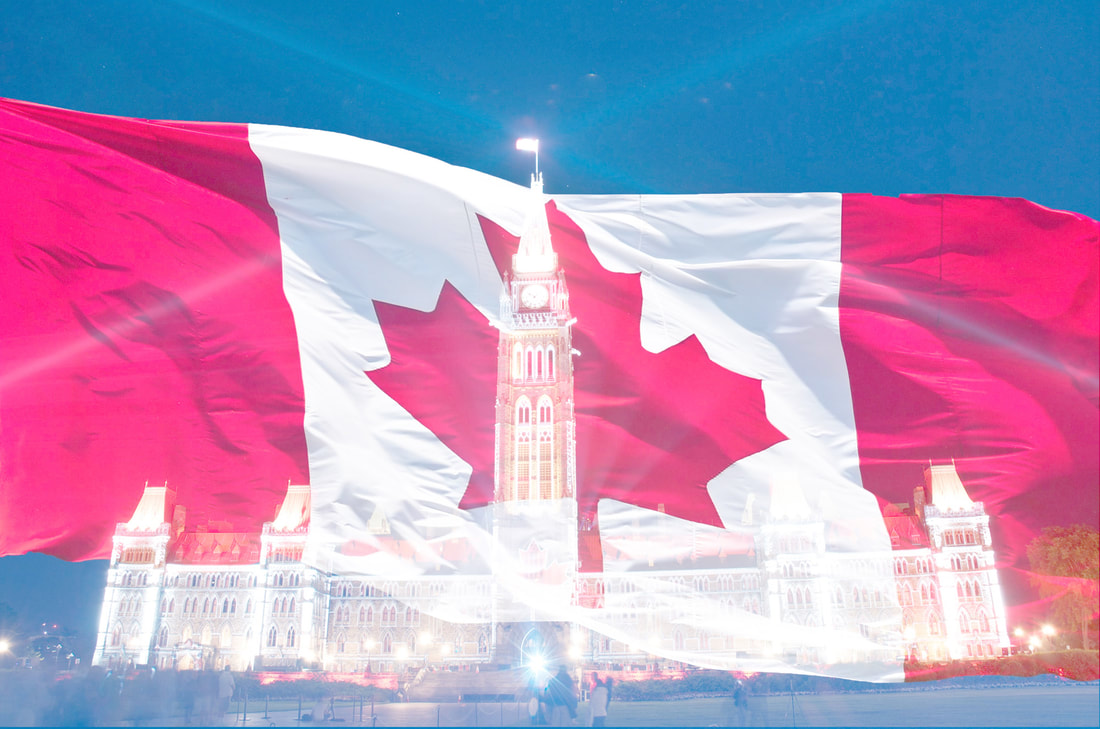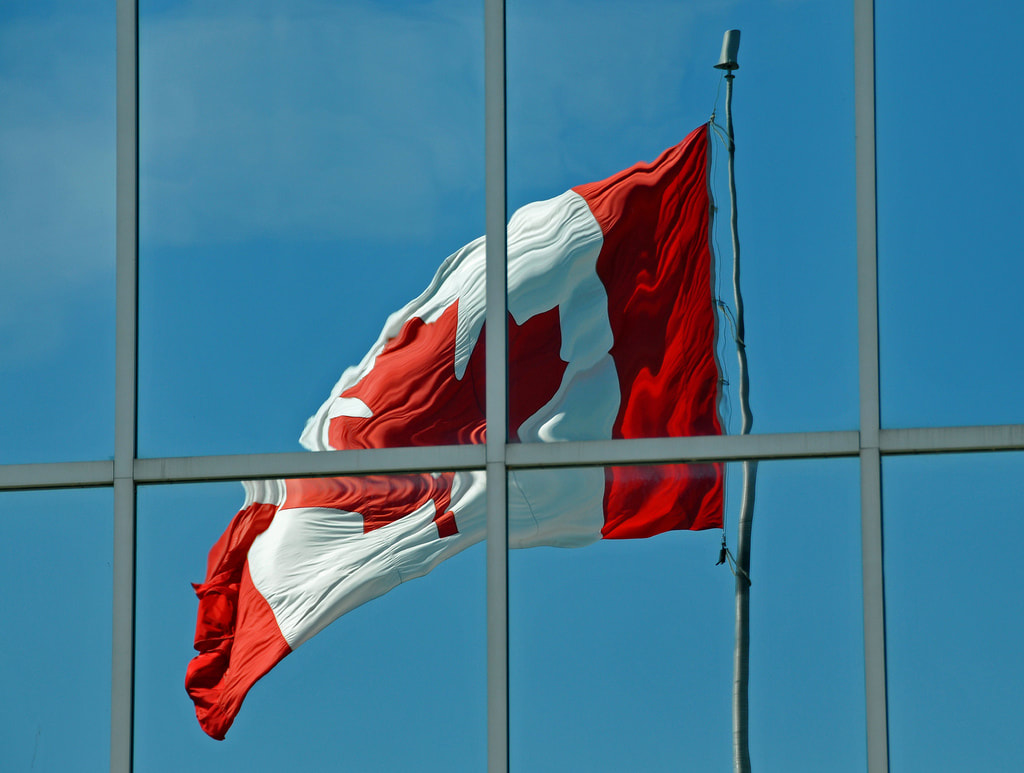Below are the top 4 tips to help you when interacting with IRCC:
1. Always provide honest and accurate information
Honesty is always the best policy. It is a serious crime to lie or provide false information or documents IRCC. It is your duty to ensure that you provide truthful, accurate and complete information when submitting any kind of application to IRCC. Providing false, inaccurate or incomplete information is a form of fraud and is called “misrepresentation”.
Misrepresentation can take different forms. For example, misrepresentation can be when someone provides wrong work history dates, or even forgets to provide information of on previous refusals from 10 years ago. In more serious cases it involves providing fraudulent or altered documents. The consequence of a finding of misrepresentation are very severe: you may be forbidden from coming to Canada for at least 5 years, may lose your permanent residence or Canadian citizenship, may be charged with a crime and may be removed from Canada.
The important thing to keep in mind is that it does not make a difference if you provided the false information or documents yourself or someone provided them on your behalf. You are responsible for your application, even if you have a representative or someone who helps you prepare the application. Unfortunately, I have been increasingly contacted by people who have applied for Canadian visas with the help of agencies or other unauthorized representatives but then found out that they are now inadmissible to Canada because of misrepresentation in their application.
So whether you are applying yourself or using the services of a representative make sure that you check every single answer and document before you submit your application.
2.Record keeping
One tool that will be extremely helpful to ensure you are able to provide honest and accurate disclosure is to keep copies of all your forms and documents that you provide for future reference. It is difficult to remember details of your application if you do not have a copy of it and without a track record you may inadvertently make a mistake in future applications. IRCC keeps copies of all your applications and so you should also keep print or electronic copies of all your applications as well.
3. Know the Law - Ignorance is not an excuse
Ignorance of the law is not an acceptable excuse. Make sure that you fully understand the law and requirements before you submit an application or undertake any course of action. The excuse that you did not know the law will not help you when IRCC determines that have acted illegally. An example is the length of time you are permitted to remain in Canada with a visitor visa or the limitations on the amount of time you may work while you are a student. Make sure you understand the legal requirements and if necessary seek out professional legal advice.
And remember that while friends and family may have the best of intentions their advice and experiences in dealing with a situation will not necessarily apply to your case and may land you in trouble if you do not verify the information yourself or with a professional.
4. Make sure you are dealing with Ministry of Immigration, Refugees and Citizenship (IRCC)
Be very careful of scams and sources of information that are not directly from the government or licenced legal professionals. Unfortunately, there are many scams that try to either get money from you or steal your information and identity.
Here are some important things to help guide you if you think you may be facing a scam:
- No one can guarantee you a job or a visa to Canada
- Only immigration officers can decide to issue a visa
- Processing fees are the same for all of our services in Canada and around the world. Fees in local currencies are based on official exchange rates. They are the same amount as fees in Canadian dollars.
- IRCC will never ask you to deposit money into a personal bank account, transfer money through private money transfer service, threaten you or offer special deals to people who want to immigrate
- IRCC never uses free email services, such as Hotmail, Gmail or Yahoo Mail to contact you
- IRCC never calls people to demand payment by telephone
In addition, you should be very careful of scams asking for details of your credit card, bank account, passport number or social insurance number. If you are the victim of a scam you can report the information to the Canadian Anti-Fraud Centre but unfortunately your information and money are likely gone forever.


 RSS Feed
RSS Feed